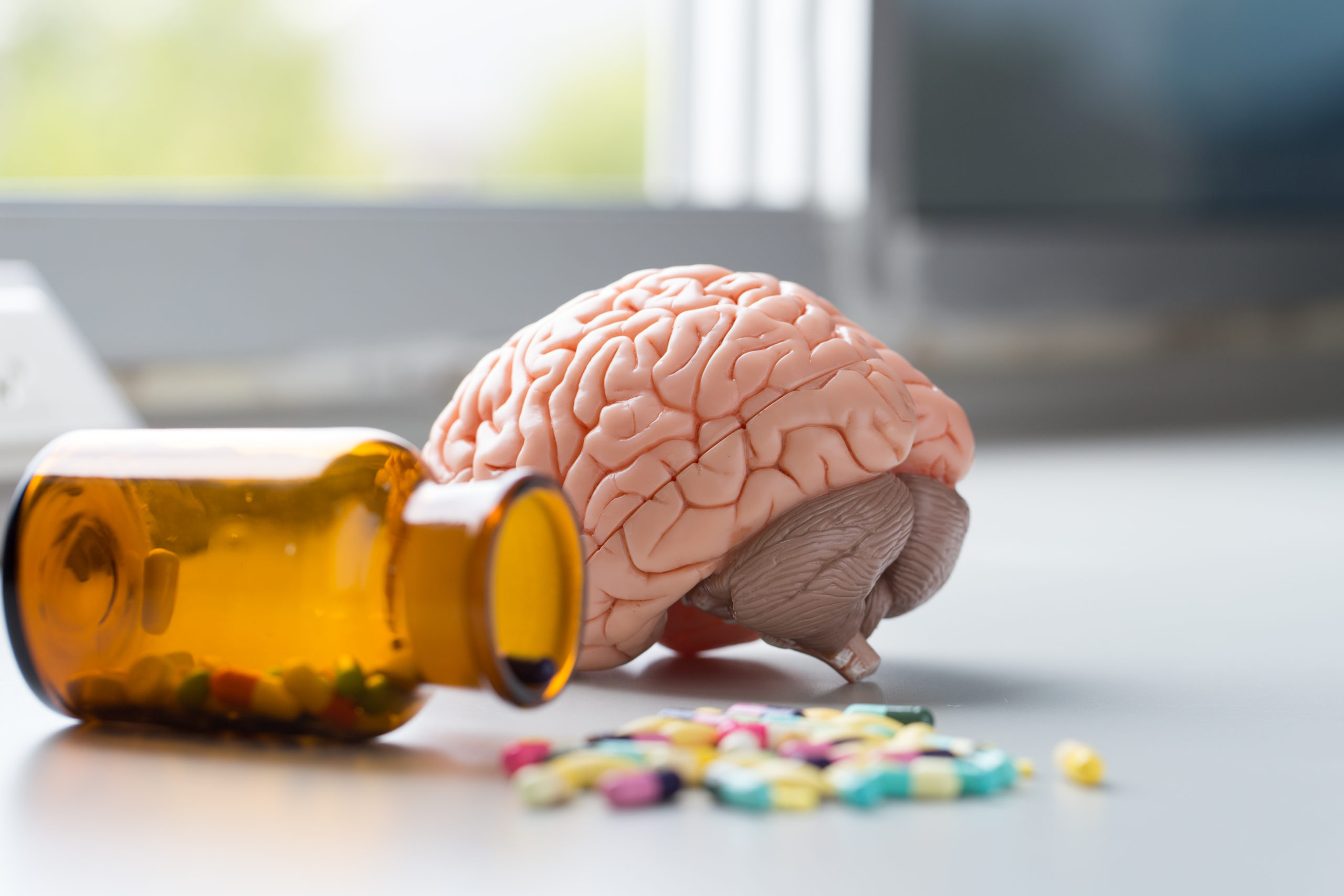Genetic diseases are those which occur due to alteration or mutation in genes. After several kinds of research, scientists concluded that genetics could also play a vital role in determining a person’s vulnerability to drug abuse or alcoholism. However, different studies reveal different facts. Therefore, we can say that more than one gene or genetic factor can be responsible for developing addiction in an individual.
Remember that genetic and hereditary diseases are slightly different from one another. Hereditary diseases usually run in families but, for genetic disorders, it is not necessary.
Table of Contents
Genetic Factors That Contribute To Addiction
Let’s see one by one which genes are responsible for causing addiction.
1. Neuronal Disorders
There are a few hereditary mental disorders that have shown a link with addiction. These are Autism, Bipolar disorder, ADHD, Schizophrenia, and Depression. If these mental health conditions are not treated timely, they pose a risk to the patient becoming physically and psychologically dependent on abusive drugs.
2. Lack of D2 Receptors
Dopamine receptors D2 or D2R are present in the brain. They are responsible for regulating dopamine synthesis, storage, and release. These receptors also work with antipsychotic drugs to improve the patient’s condition in mental disorders. If a genetic mutation occurs in the D2 Receptors gene, it will negatively affect dopamine activity. Ultimately, it will increase the risk of neuropsychiatric diseases and also addiction.
3. Low Levels of PSD-95 Protein
A research carried out in 2004 revealed that a specific protein, PSD-95, is also associated with drug addiction. Experiments were performed on mice, and they demonstrated that mice with low levels of PSD-95 were much sensitive to cocaine than those with a normal amount. This protein also interfered with their learning memory. Not only cocaine, but more drug substances like heroin, morphine, and nicotine were also included in those potentially abusive drugs.
4. Integration of Dopamine Gene and RNA virus
Another important research was published recently in the scientific journal PNAS. According to this report, an infectious agent called human endogenous retrovirus-K HML-2 was found integrated within the gene associated with dopamine’s activity. Also, this integration was found to be higher in people who have substance abuse disorder.

Relationship between Genetics and Addiction
Above are the different genetic factors that may contribute to a person’s likelihood of becoming addicted to any abusive drug or a substance. Experts say that alteration of an individual’s genetic makeup has a significant impact on a person’s vulnerability to drug abuse. This is because these genes regulate several vital functions in the human body. And if damage or mutation occurs at any point, it may lead to addiction. Because these genes regulate the body’s response to drugs, their metabolism, and encountering their effects. Sometimes, they determine the likelihood of developing particular disease and help protect the body against harmful effects of certain chemicals or drug molecules.
It is said that genetic factors account for 60 percent of addiction and substance use disorders, whereas for the remaining 40 percent, environmental factors play their role.
Environmental Factors That Lead To Addiction
Besides these genetic factors, environmental factors may also lead to addiction in some cases.
These factors include:
- Home and family: Some people have abusive families, parent(s) with a criminal background, alcohol abuse, or lack of love and supervision.
- Stress: Stress that may occur due to physical or mental trauma, injury, social pressure, etc.
- Lifestyle: People following an unbalanced, unhealthy lifestyle with fewer hours of sleep and a high intake of alcohol.
- Peer influence: When someone you have good relations with is involved in drug abuse and other addictions.
Conclusion
Genetics play a role in determining that whether a person could develop an addiction or physical dependency or not. However, it also has a slight risk of passing to new generations through such genes.




